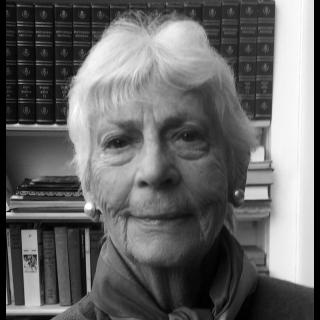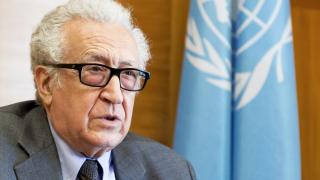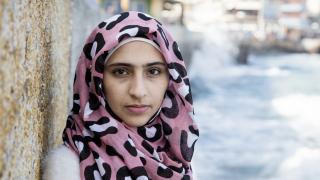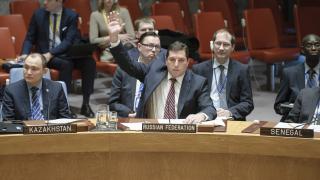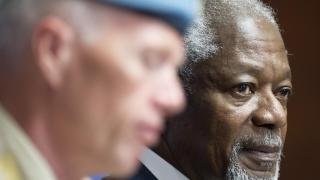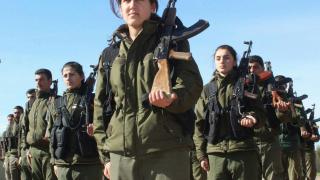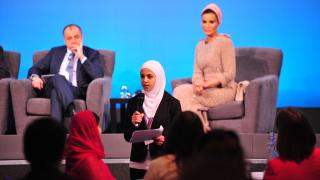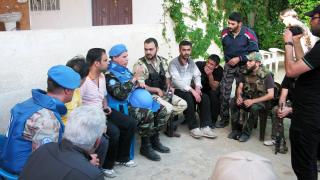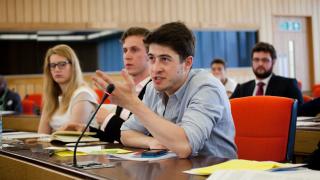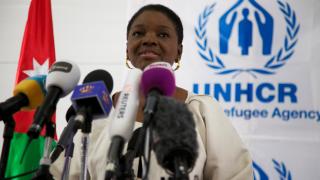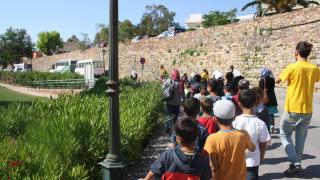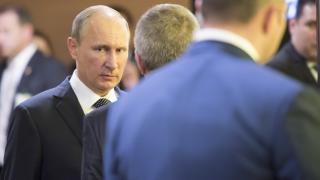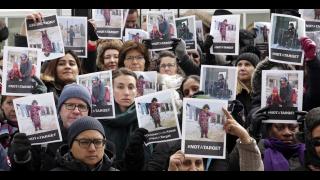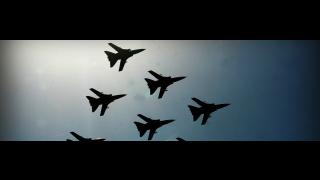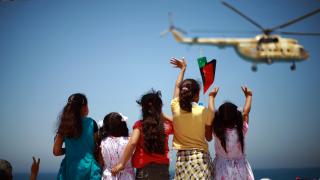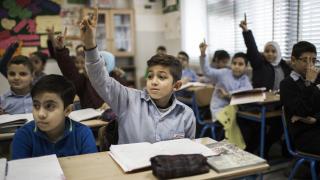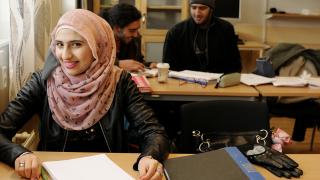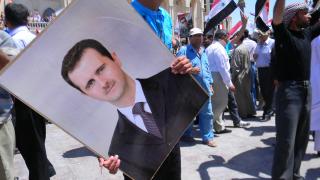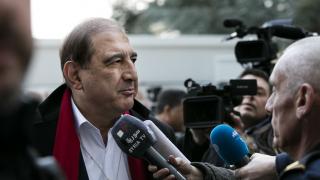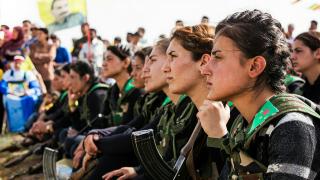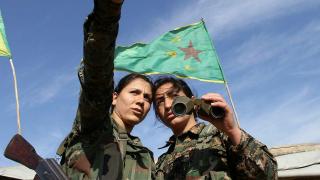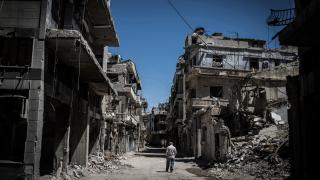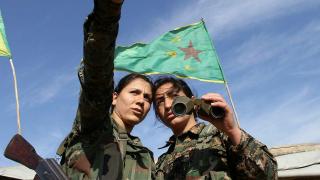
I am one of the fortunate few to have twice visited Rojava, and have seen how its autonomous administration has ushered in a 'bottom up' society.
It has created a new sort of governance and administration, one that has much to teach us on how to ensure that people - irrespective of gender, religion, age, or ethnicity - are treated equally and are involved in decision-making at all levels, and in the work for peace and justice.
But I am astonished that in this country, so few people seem to have heard about Rojava (now known as the Democratic Federation of Northern Syria) or know where it is on the map. Yet it is home to some two million Syrian Kurds and now, due to the six-year conflict, is doubling its population by hosting nearly two million internally-displaced persons of all ethnicities and religions. This north-east region bordering Turkey is the only relatively safe part of Syria.
Its charter is based on gender equality, freedom of belief, pluralism, secularism, communalism, human rights and peace.
This is an extraordinary achievement, given that it has taken root in a region stricken by conflict, and where the status of women has been so low for centuries. The Rojava constitution is a model for peace in Syria, respecting its diverse ethnicities and religions
Therefore, their exclusion from peace talks is unconstructive.
The involvement of the Syrian Kurds, including representation of their energetic women’s organisations, is vital if there is to be a sustainable peace. In a post-conflict Syria, all its people must be able to live together in harmony and with mutual respect.
The Syrian Kurds have said that they will not be bound by any decision that comes out of the January peace talks held in the Kazakh capital, Astana. These talks were the first to bring government and opposition delegations together since the UN-brokered negotiations in Geneva were suspended last year. The Kurdish militia groups, the YPG and the PYD, were not invited to these.
These groups should be recognised by us as reliable forces fighting ISIL on the ground. It was these young men and women who rescued the Yezidis from Mount Sinjar and seized back Kobane in 2015. These units are fighting not just ISIL, but also defending themselves from attacks by Turkey.
Moreover, the Syrian Kurds, let us not forget, have another enemy. For half a century, they have been victims of brutal oppression by Assad's regime and that of his father.
I am grateful to UNA-UK for inviting me to write this short piece. I hope very much that it will persuade its readers to use all their efforts, by lobbying MPs, to ensure that Kurds are represented in the next round of UN-hosted peace talks, and that the 'Rojava Miracle' is given the support it merits, for the sake of peace for all Syrians.
Photo: Kurdish YPG fighters. Credit: Kurdishstruggle/CC

